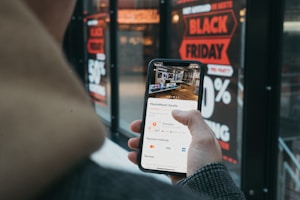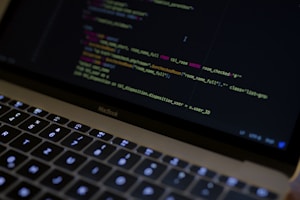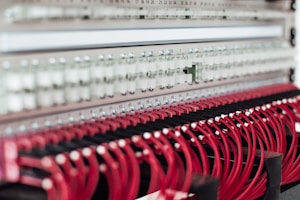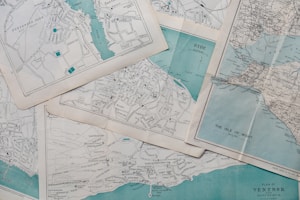Civilizations have been able to grow from the fact that they have established trade and commerce in the regions where they established themselves. Cities have grown around the concept of socialization and commerce put together, which means that the interactions between cities were not purely for the sake of trade. Many modern cities have grown in terms of technology and have been able to provide the best livelihoods to their citizens and administer themselves more efficiently, with the internet of things being one of the typical examples of how cities are getting wired up for self-awareness.
Modern information systems used in the cities make the entire city resemble a website on a browser. The entire session in which the website is being explored can resemble someone going through the city and viewing the things and places that capture their interest. In the course of the session, the user currently browsing the website might decide to get into some of the websites or sections of the website, which can be compared to someone taking one street or lane over another in their tour of the city. The city’s information flow can also be paralleled to the information moving between the browser and the webserver.
Usually, this is where the two comparisons begin to resemble each other. The use of information to administer cities has been in wide use over time, and many cities have been able to prosper from using information. The wise use of information makes even the larger cities much easier to manage, and curbing incidences of crime and road accidents is very easy as there is always a live feed from the many traffic cameras in the city and administration police constant communication with the headquarters.
As such, they can monitor all the activity going on in the city, which leads to flourishing trade and commerce that contributes to the growth and expansion of the city and influences how the rest of the country or territory can progress from the examples set by the city. The city is the perfect model of a developing civilization. There is so much that goes on in the city all day and all night, which means that information can provide the users and the city’s administration the perfect grasp of what it takes to run activities better in the city.
The easy availability of information also makes the city more manageable and controlling incidents before they can happen made possible thanks to real-time systems. The city also becomes the very place where huge volumes of trade transactions take place within a few hours, and the infrastructure is strong and stable enough to take on as many customers and transactions as there are, which is also a reason modern information systems can be used to make cities more productive and advance civilizations.






